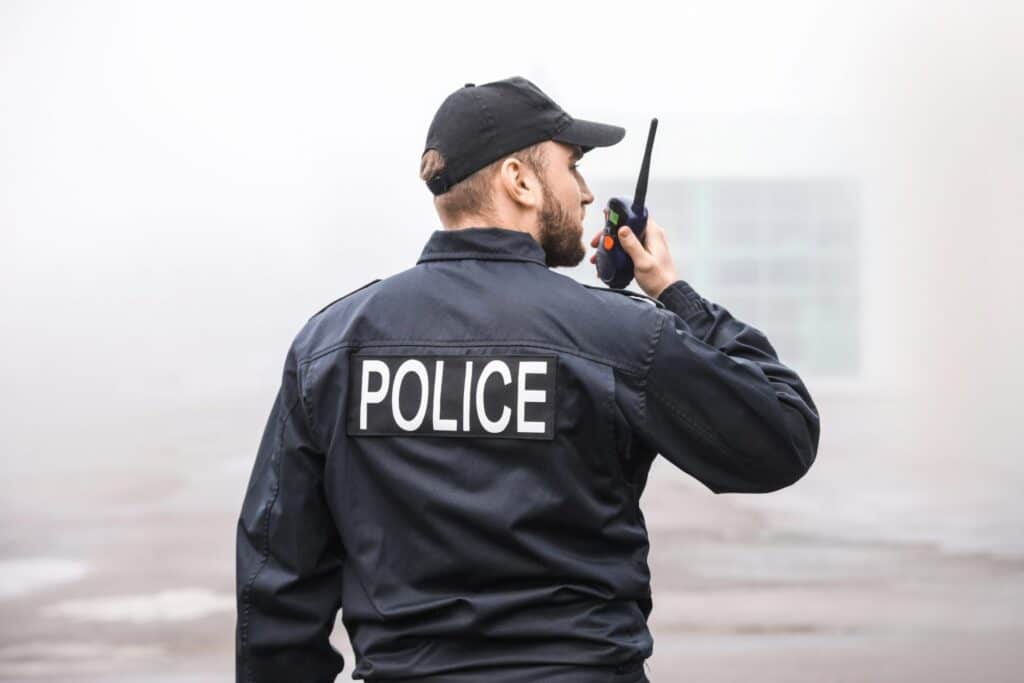When the police investigate a suspected crime, how they conduct their investigation can have a huge impact on what they find. Not only do their investigation tactics make a huge difference in whether they find evidence of a crime, but they also impact what kind of crime they detect. Sometimes, by investigating a crime in a certain way, police can find evidence of a more severe crime than they might otherwise have found.
This is called sentencing manipulation, and is a serious problem. One example of it happening in real life is in the recent case that we talked about in our last blog post, United States v. Rivera-Ruperto.
What Happened in Rivera-Ruperto
In the Rivera-Ruperto case, the Federal Bureau of Investigation (FBI) was conducting Operation Guard Shack, an investigation into Puerto Rico police officers who were suspected of helping drug traffickers. To do this, the FBI conducted a series of fake drug deals. Wendell Rivera-Ruperto was one of the people the FBI suspected of drug trafficking. To get evidence against Rivera-Ruperto, the FBI covertly asked him to provide security for one of these drug deals.
However, that’s not all the FBI did. They insisted that Rivera-Ruperto provide armed security. By carrying a gun at a drug deal, Rivera-Ruperto was committing a far more serious gun crime than he would have if he was unarmed. Having a firearm at a drug offense was a violation of 18 U.S.C. §924(c)(1)(C), which carried a minimum jail term of five years.
But even that’s not all the FBI did. They insisted that Rivera-Ruperto provide armed security at an additional five fake drug deals. Even though the FBI had evidence that Rivera-Ruperto had broken the law already, they got him to break the law again and again. Each subsequent violation of §924 came with an additional 25 years in jail.
And even that’s not all the FBI did. By using large quantities of cocaine in the fake drug deals, the FBI inflated the criminal charges of everyone associated with the fake transaction.
Rivera-Ruperto ended up getting convicted for each and every one of those charging, totaling over 130 years in jail.
Sentencing Manipulation
Sentencing manipulation happens when law enforcement improperly enlarge the scope or scale of a crime. When courts determine that a convicted defendant’s sentence has been manipulated, the court can impose a sentence that is below the statutory minimum.
However, getting a court to see that a sentence has been manipulated is no easy feat. Courts give a lot of deference to how law enforcement works, and only recognize manipulation in extreme cases.
Even the Rivera-Ruperto case wasn’t enough for the court. They saw the large amounts of cocaine as necessary to create the need for the armed security that Rivera-Ruperto provided. The court never mentioned the fact that Rivera-Ruperto was brought back to five additional sham deals, to enhance his sentence.
Maine Criminal Defense Attorney William T. Bly
Courts seem to let law enforcement get away with an awful lot. That’s why having a solid criminal defense attorney at your side can be the best way to ensure a criminal charge against you does not turn into a conviction. Contact the law office of William T. Bly online or at (207) 571-8146.


